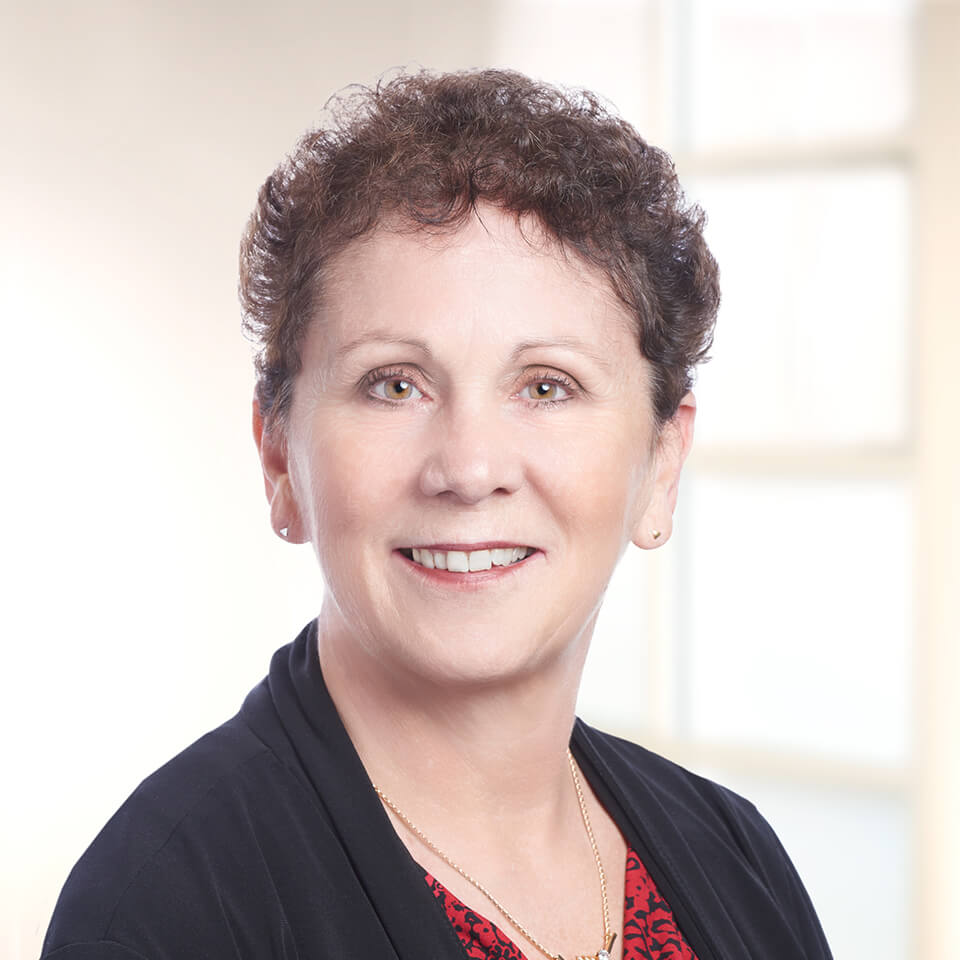By Gen Guanci MEd, RN-BC, CCRN, CEO and Consultant
The use of a skilled facilitator to support council success is an often overlooked or underutilized best practice in the creation of a shared governance culture. Or there are organizations that do use council facilitators yet use them incorrectly as council leaders.
A clear understanding of the role a shared governance council facilitator will take is critical to the individual facilitator’s success as well as the council’s. Many times, individuals who are tapped to be facilitators are the “get it done” people within an organization. They are able to plan, run meetings and get the work done. This type of facilitation is known as basic facilitation. Basic facilitators help a group solve a problem by using process skills. This is a short-term fix where the group depends on the facilitator. This is exactly what you DO NOT want to do as you build your shared governance culture.
The second type of facilitation, developmental facilitation, is facilitation that helps shared governance become enculturated in an organization. It maximizes council and council member success. Developmental facilitators use a longer-term strategy where the team/council learns how to facilitate their own processes. A developmental facilitation process helps councils function more effectively now, and in the future. The facilitator not only helps the council members work on a specific issue, but also uses the opportunity to improve their process, by enhancing the council’s facilitation skills. This in turn reduces dependence on the facilitator.
In developmental facilitation, facilitators spend more time coaching the members on the process, roles, tools and techniques before and after the meeting. This type of facilitation appears much more passive during the actual meeting. Meeting time is spent with the facilitator observing team dynamics and only intervening in ways that teach the team members facilitation skills. Keep in mind that a developmental facilitator has no vested interest in the decisions the team makes. The end goal of developmental facilitation is for the team to get to the point that they are self-sufficient and no longer need the support of an outside facilitator. In other words…developmental facilitators work themselves out of a “job”.
The exciting role of a developmental facilitator is to inspire, role model, and advance the council while at the same time helping council members learn to facilitate their own process. Serving as a guide and catalyst, the facilitator helps people focus their energy while fostering learning, creativity, productivity, and ownership. A developmental facilitator does not need to have expertise in the clinical practice or topic being discussed in the council. In fact, it is probably an asset to not have expertise as this can enhance facilitator neutrality.
Desired Outcomes of the Facilitation Process
The first step of facilitating any group is to determine the desired outcomes. In shared governance councils, the desired outcome is acceptance of the responsibility, authority and accountability (RAA) for nursing practice, and the outcomes associated with that practice, of a given council. These outcomes include patient satisfaction; nurse sensitive indicator outcomes that exceed the benchmark mean the majority of the time and RN satisfaction. While you, as a facilitator, may have hopes and dreams for the council these are not nearly as important as the hopes and dreams the council members have for themselves. For more information on how you can use facilitators to enhance your shared governance culture and success, please contact Gen Guanci at gguanci@chcm.com
Secrets of Effective Facilitators
- Effective facilitators are flexible.
- Effective facilitators are adaptive.
- Effective facilitators are proactive.
- Effective facilitators are responsive.
- Effective facilitators are resilient.
- Effective facilitators are courageous.
Your role as a facilitator is not to bring a council where you want to go… but to help the council get to where they want to go.
Gen is driven by the desire to help clients create organizational excellence through measurable improvement. She thrives on helping others reach meaningful goals, including Magnet® designation.





